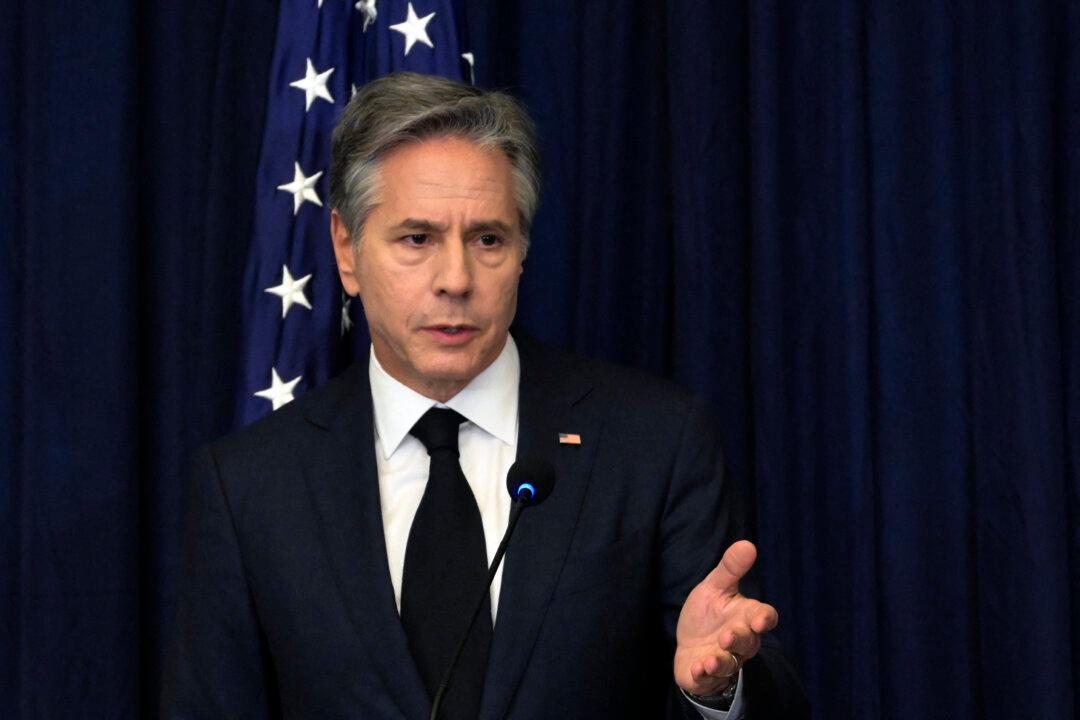WASHINGTON—The United States’ top diplomat is accusing a Republican senator of obstruction following refusals to confirm dozens of diplomatic appointments.
Sen. Rand Paul (R-Ky.) has been requesting documents related to COVID-19 for years over concerns that U.S.-funded “gain of function” experiments in Wuhan, China, might have contributed to the creation of the virus that causes the disease.




